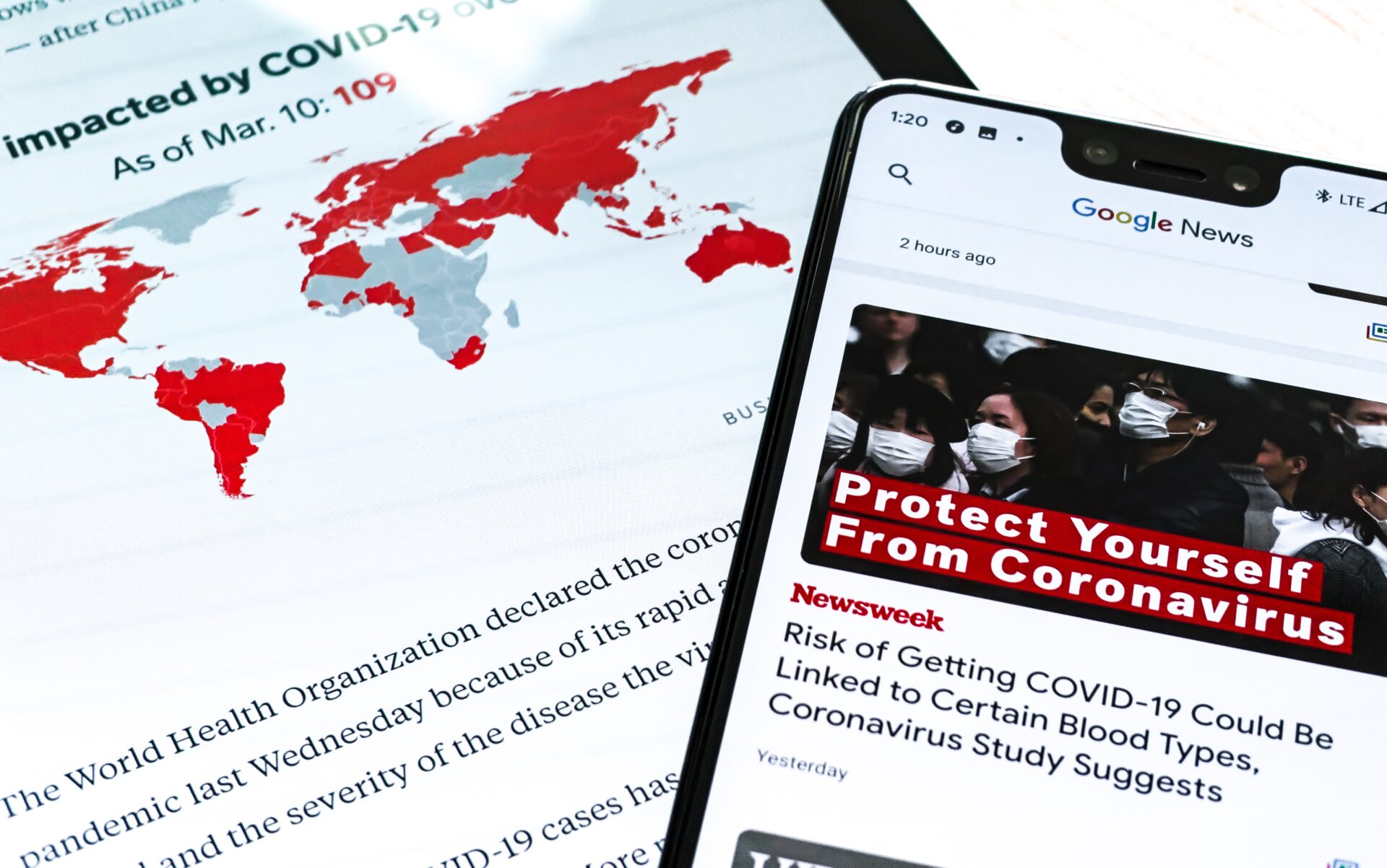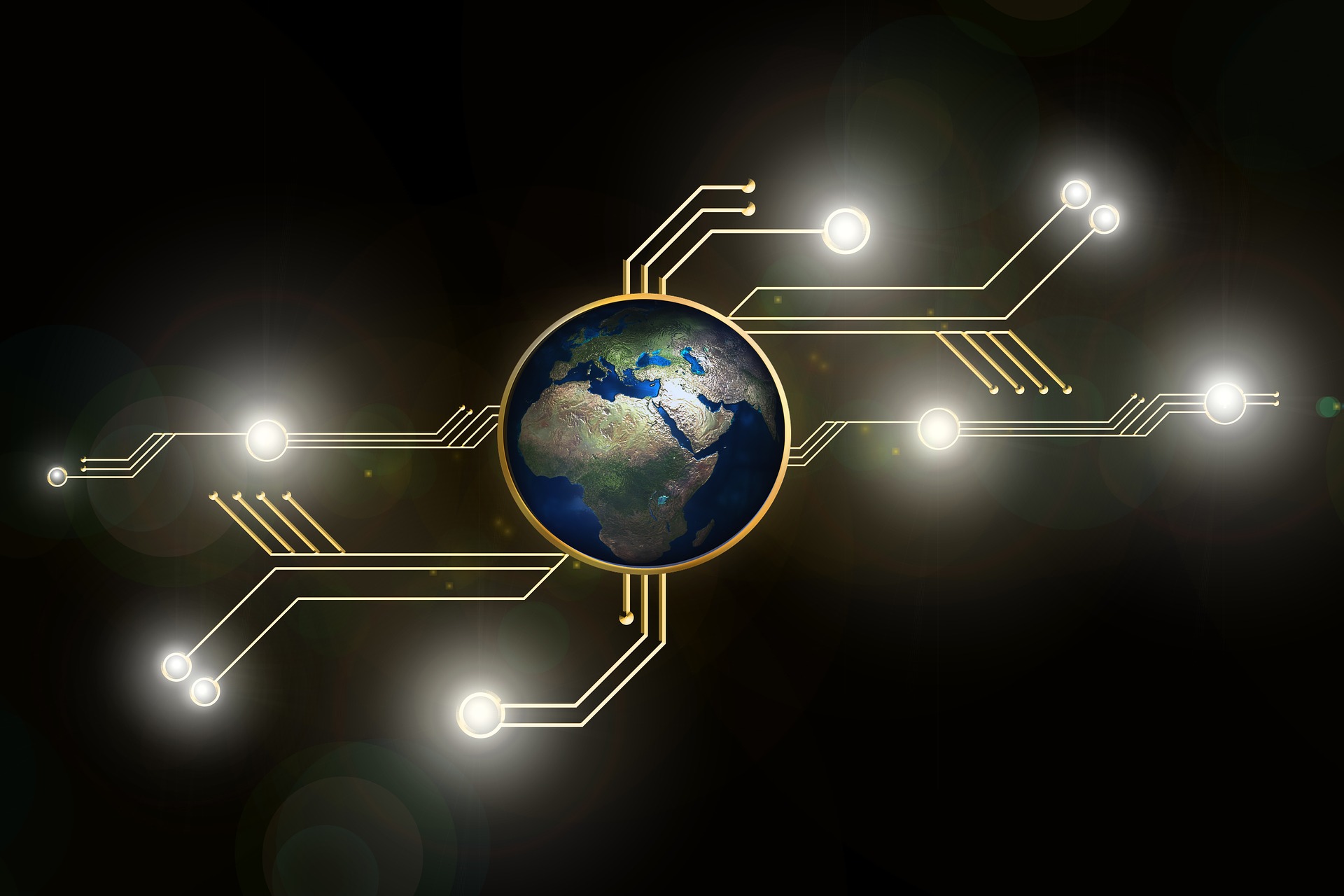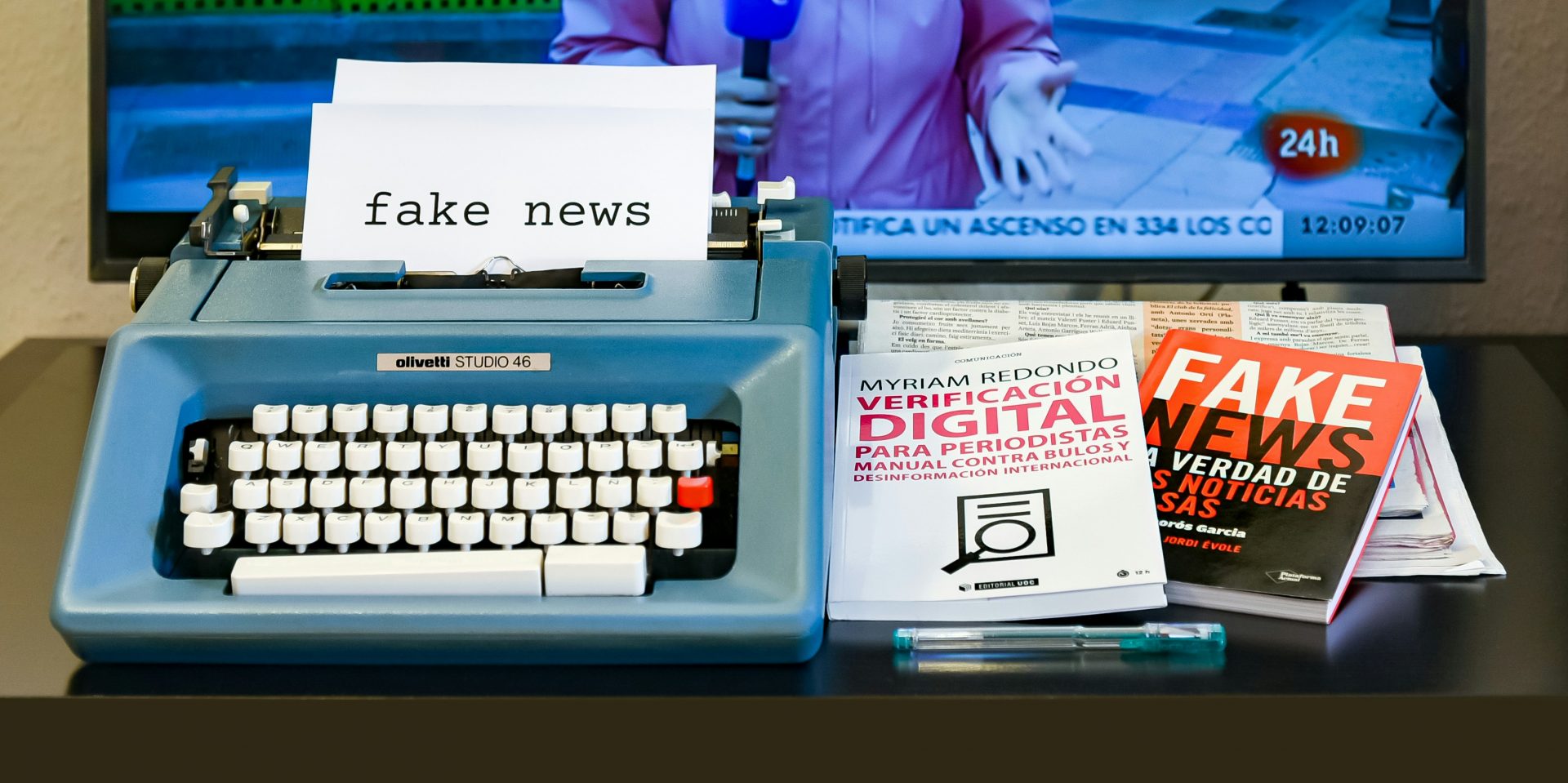The Perpetual COVID-19 Eclipse (and why it must not blind us to real change)
If there is one thing we have come to learn during the protracted COVID-19 pandemic; it is how quickly things can change. All of us have been impacted during the last seven months, and for many of us, we have, begrudgingly, learned to sacrifice freedoms we never thought we should. We lost, we accepted and we are still here. And while the loudest voices bemoan, blame and exude bitterness (at times, justifiable), the majority adjust and life moves on.
In the Philippines, these restrictions of freedom have been harsher and even more profound for the country’s most vulnerable children. It is over 200 days (and counting) that public schools have closed and there is no expectation they will reopen this year. For the 23 million children (80% of all students) dependent on the public education system, it has meant over 200 days without any access to already imperfect learning conditions. For teachers, it has meant trying to ensure children keep up in an already overstretched and under funded system. Learning from home is an improbable task in a country where 85% of the population live on a combined household income of less than USD 650 per month and often in cramped urbanised communities. For the millions of children impacted, it is not just being denied access to learning, it is also not having a safe place to learn while coping with the economic crisis COVID-19 has bought; a lethal concoction that is almost certain to deliver intergenerational poverty.
UNESCO estimates that 52% of all children around the globe are out of education due to COVID-19. A report published last week by the Social Progress Imperative (SPI), a think-tank in Washington chaired by Michael Porter from Harvard Business school, concluded that at the current rate of progress (before COVID-19), the world cannot achieve the 2030 UN SDGs until 2082 – some 52 years behind schedule. Throwing COVID-19 into the mix, it is a safe estimate that 3030 is all-together more realistic target date.
In human terms, this means there is no-one on-the-ground for the most vulnerable and invisible children. In the most recent COVID-19 humanitarian response plan (HRP) for the Philippines, the UN identified 5 million at-risk children that require immediate educational assistance. So far they have only managed to reach 8,000 (0.3%) of those 5 million. The report does not take into account the emotional impact COVID-19 has had on young people as well as their long-term aspirations. While everyone tries their best, the gap between aim and action is more significant than ever – as are the consequences of our continued inaction to tackle the cause, but simply treat the symptoms.

FundLife is doing what we can; We are scaling our ‘learn-at-home’ videos, continuing to support and listen to public-school teachers, while trying to provide educational support to young people from the communities we are in. Beyond traditional learning, FundLife is investing in creating resilient young people through innovative employment and life-skills training. While schools remain closed, we are working to create ‘safe community learning spaces’ where children and teachers can interact and restore an enabling environment for learning to take place. Perhaps more than ever before, inculcating resiliency and creative capacity into young people will be critical in ensuring, much like their current education, their future dreams are not left behind. Our most recent updates can be found below these unscheduled reflections.
In collaboration with individual local actors, there needs to be a collective drive to provide greater resources to those organisations on the-ground. There needs to be far more individual courage and far less shared obsequiousness from leaders at central and local agencies who are too stiff to innovate and too comfortable to challenge. For those who are devoid of legitimate power, we need to keep holding power to account – or continue to take it away. Waiting for change is as futile as waiting for the sun to set in the same spot we witnessed its rise.
If we can take anything positive from this COVID-19 global eclipse, it is that change is entirely possible and that we do not have to wait until 2082 to see it take root. Much like we have learned to give up our own freedoms, we need to learn how to break down structures of indolence or ineffectiveness – especially those structures that we entrust to protect people who have little or no basic protection or agency to seek it themselves. Because we can never have freedom until all children have freedoms.
To get directly to the point, government’s need to restrict freedoms on business, much like they have on people and children. The Philippines is not a poor country, but it is an extremely unequal country. Of the world’s biggest 50 shopping malls, an incredible 20% are located in the Philippines (Just 1 is found in the whole of Europe). The country is also home to the world’s biggest indoor area, coming in at double the size of New York’s illustrious Madison Square Garden and Manila houses 3 of the regions largest and newest casinos. These impressive feats have seen Bentley, Ferrari, BMW move in and capitalise to on the small number of elite’s who live above the smell of the poor’s gutter. Over 80% of the country’s GDP is controlled by just 40 families, while her biggest export are people, with overseas foreign workers sending back USD 9.6 Billion, contributing 11% of the GDP. Tax is not the solution; mandating community investment funds and impact bonds are. Funding social franchises in education and holding local governments to report progress would be a good start – both in the Philippines and the world over. The rich need to lose and the poor need basic provisions.
While the COVID-19 eclipse will get darker still, we remain hopeful by the uninterrupted flickers of light that we see in every young person who carries with them a dream of a better tomorrow. These young people are found in every single community around the world – and each one carries a vision as precious as the freedoms we now bemoan and wish to see come back.
The fundamental difference is that we will get our freedoms back. While they might be a little different and we may be irritated, we will survive and get better. We need to do the same for business.
Failing to put education and social progress at the forefront of every community will see the hopes and dreams of an entire global generation lost forever. And a world without hope is not a world any of us should want to leave behind, even if a few billionaires might have to sell an island or a yacht or two.



